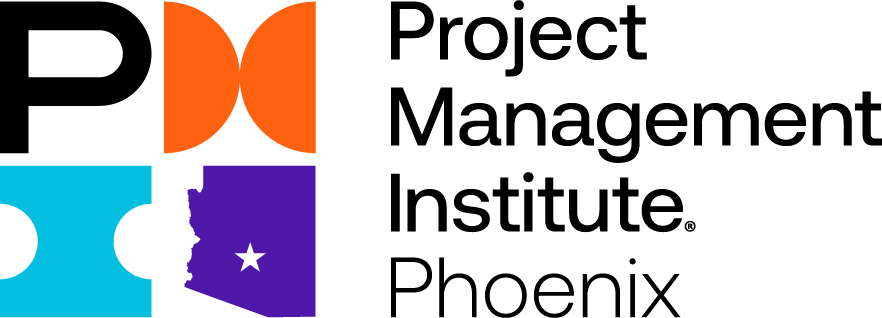Our conversation was looking at our projects in general and the importance and role that people, process and tools play in successful project management. Have the vision to identify gaps where technology can improve quality, efficiency or effectiveness for our members. Every project is dependent upon people, processes, and tools and all three should be kept in balance. Any time that a tool is adopted, it will necessitate process changes or even elimination since processes that once worked perfectly may now be inefficient at best or error prone and costly for us as a nonprofit.
The irony is that if you do that successfully, you might practically eliminate the need for a Project Manager and put yourself out of a job, but that’s the right thing to do so you can move onto another challenging opportunity
When Henry is not working professionally in the cloud space and volunteering for the chapter he focuses on whittling down his extensive bucket list, being positive to others and taking road trips around Arizona, Nevada and California with my wife and my German Shepherd. Henry’s hobbies are enjoying music and video editing and production. His goal is to get better on Guitar and Piano by taking online lessons. He also loves “tinkering with Web Development technologies such as Asp.NET, REACT, PHP and some low code - no code platforms such as Power Apps and Bubble IO.”
I discovered that he is a creative, innovative person who looks at things with an agile mindset.
Henry Jones shared his volunteer words of wisdom, “The chapter has a variety of departments and activities where you can get involved. So, pick out something where you can lend a hand. If it isn’t what you like find another department.”
